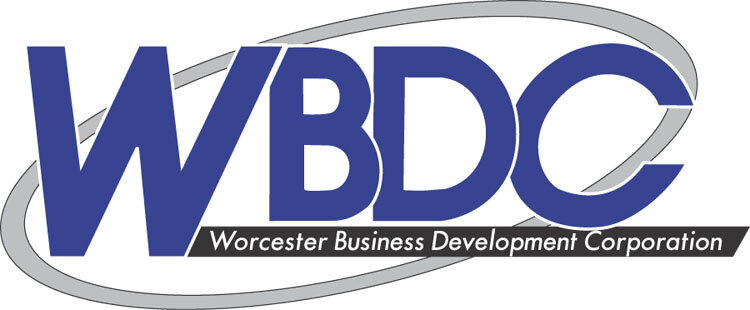Downtown Business Group Gets Ready to Roll
Lisa Eckelbecker, Worcester Telegram & Gazette
WORCESTER — A new group of property owners will take its first steps this week toward improving its downtown neighborhood.
Members of the Downtown Worcester Business Improvement District will meet Wednesday to form a board of directors. The new group must also begin the process of hiring a director and searching for vendors.
The overall goal is to make the neighborhood cleaner, busier and more welcoming.
“It will create a really unique sense of place,” said Julie A. Holstrom, a member of the group’s steering committee and a senior project manager for the Worcester Business Development Corp. “Worcester has so much going on right now, and it’s all so exciting. I think this really will kind of define that this is an area specifically that has a lot of stuff happening.”
A business improvement district, or BID, is a nonprofit organization that assesses fees from property owners within a defined area to fund improvements in that area. The fees are assessed by municipalities on top of property taxes.
Money can go to remove snow during the winter, support events, fund “ambassadors” who assist visitors and other measures.
The downtown BID is the first such organization in Worcester and the eighth BID in the state. City councilors last month approved its creation for a five-year period, with possible renewals after that.
Worcester’s new BID is bounded by Myrtle Street, Francis J. McGrath Boulevard, Foster Street and parcels along Main Street between Foster and Myrtle streets.
A total of 154 owners have property in the district, according to Troy R. Siebels, president and chief executive of the Hanover Theatre for the Performing Arts, which also sits in the district. Some owners are local, he said, and others are based outside Massachusetts.
About 90 of those owners registered their support for a BID, he said. About six opposed the initiative, and a number of owners never responded.
“This is a way that the local folks that are engaged will step up and contribute, as will those that are less engaged that are also benefiting from the growth in Worcester and the BID,” Mr. Siebels said. “Those out-of-state landlords will participate with us, share the burden equally.”
The new BID expects to collect about $900,000 a year from property assessments. Fees will be equal to a property’s assessed value multiplied by 0.003.
Fees will be assessed on commercial, nonprofit, mixed-use and multifamily properties. Residential condos and single-family homes are exempt. MCPHS University has agreed to payments under a memorandum of understanding.
Some entities will also contribute in other ways. The city will allow the BID to take snow to the city’s snow dump.
The new BID’s first task is to form a 13-person board. Some property owners have already agreed to serve, Mr. Siebels said.
Next on the agenda will be hiring an executive director to run the BID on a daily basis. After that, the BID will need to contract with an organization to provide cleaning, security, on-the-street assistance and other services, according to Mr. Siebels.
In other cities, BIDs have focused on collecting litter, cleaning and beautification. The Hartford downtown BID reported it removed nearly 126,000 pounds of litter over the fiscal year ending May 1. The Town Green District BID in New Haven listed 3,403 graffiti removals in 2017.
Worcester’s new BID should spend its early days connecting to those who will pay the fees, getting to know their perspectives and serving to connect groups and organizations, said Chris Russell, executive director of the Springfield BID, which was formed in 1999.
The Springfield BID is working on re-establishing a dining district downtown, and it schedules concerts, farmers markets and other events all year.
“We don’t have a high population density that lives downtown, so making it attractive for people to stay after work or make it their destination in evening is important to us,” Mr. Russell said.
Ms. Holstrom said the Worcester BID will aim not just to attract people to downtown, but to help the property owners already there.
“You need to appreciate and assist the existing businesses that are here, and also kind of bring in some of those other businesses, those other visitors to help bolster that,” she said.

